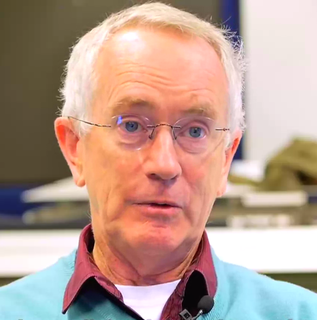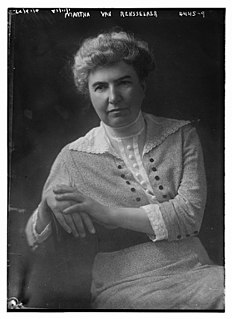A Quote by Greg Mankiw
I have tried to put myself in the position of someone seeing economics for the first time. My goal is to emphasize the material that students should and do find interesting about the study of the economy.
Related Quotes
My Prime Minister regards the economy as our highest priority and forgets that economics and ecology are derived from the same Greek word, oikos, meaning household or domain. Ecology is the study of home, while economics is its management. Ecologists try to define the conditions and principles that enable a species to survive and flourish. Yet in elevating the economy above those principles, we seem to think we are immune to the laws of nature. We have to put the ‘eco’ back into economics.
I started in the law; and the study of law, when it precedes the study of economics, gives you a set of foundation principles about how human beings interact. Economics is very useful, and I studied economics in graduate school. But without understanding the social and organizational context of economics, it becomes a theory without any groundwork.
Doing the same things you did when the economy was good is not good enough. You will have to put more coals on the fire in a poor economy to get the same heat you received in a good economy. You must give more energy, more thought, more service, and get into positive thinking material more frequently. Become more selective about who you spend time with. Love a little more, hate a little less. Think about it. You can progressively move on an upward path toward any goal. The choice is yours as to who or what controls you!
It seems to me that people who don’t learn as easily as others suffer from a kind of learning disability—there is something different about the way they comprehend unfamiliar material—but I fail to see how this disability is improved by psychiatric consultation. What seems to be lacking is a technical ability that those of us called ‘good students’ are born with. Someone should concretely study these skills and teach them. What does a shrink have to do with the process?
If the students don't want to learn about evolution, they shouldn't be in the course. A biology course that teaches creationism is not a science course, it's a religion course. So the students demanding that creationism be given credence in that course are out of line and are denying the academic freedom of the professor. They are calling into question the scientific basis of the material that's being presented. And students are not in a position to do that.
If you have a sane economy, and by sane economy I mean one which is not addicted to debt, not a Ponzi economy, then the change in debt each year should contribute a minor amount to demand. Therefore, if you tried to correlate debt to the level of unemployment you would not find much of a correlation. Unfortunately that is not the economy we live in.
Home economics should find its way into the curriculum of every school because the scientific study of a problem pertaining to food, shelter or clothing... raises manual labor that might be drudgery to the plane of intelligent effort that is always self-respecting...Home economics is not one department, in the sense in which dairying or entomology or soils is a department. It is not a single speciality... Many technical and educational departments will grow out of it as time goes on.



































